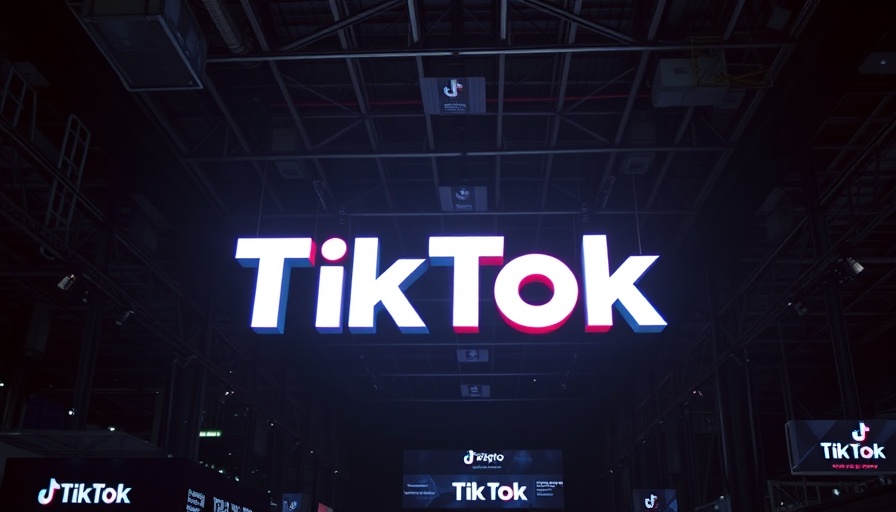
The Return of TikTok: A Temporary Respite for Users and Developers
After nearly a month-long suspension, TikTok has made its return to the U.S. app stores of Apple and Google. This comeback follows the implementation of a law enacted in April 2024, compelling TikTok's parent company, ByteDance Ltd., to either sell the application or face a ban. With legal and political landscapes constantly shifting, TikTok's future remains uncertain.
Understanding the Legislative Landscape and TikTok's Challenges
The law that prompted TikTok's removal arose from national security concerns surrounding data collection practices intertwined with the app's Chinese roots. Following a ruling by the U.S. Supreme Court that upheld the law, app distribution became a potential financial minefield for tech giants. Specifically, Apple and Google faced penalties of up to $5,000 for each user if they continued hosting the service without a definitive resolution to the sale-or-ban legislation.
Reports suggest that the major delays in reinstating TikTok stemmed from apprehensions around legal liabilities. Apple and Google sought solid guarantees from the government before welcoming TikTok back into the app stores, resulting in a letter from the U.S. Attorney General assuring the companies they would not face immediate prosecution.
The Role of Government and Corporate Strategy
In a broader context, this situation highlights the friction between governmental power and corporate strategy in the tech sector. With TikTok's immense user base of approximately 175 million in the U.S., any decision regarding the app's status carries significant economic implications. Both Apple and Google are now navigating a delicate balance between compliance with federal mandates and maintaining user engagement.
Furthermore, negotiations are underway for a potential sale of TikTok to a consortium of U.S. tech firms that could include Oracle and Microsoft. If successful, Oracle is expected to take charge of TikTok's content recommendation algorithm and data management, in an effort to allay national security concerns.
Broader Implications for Tech and Privacy
As TikTok resumes its position in U.S. app stores, this case raises important questions regarding data privacy, national security, and the influence of large tech corporations over legislative processes. The ruling underscores a growing awareness among officials about the risks of foreign interference in domestic platforms and how these policies can ripple through the tech ecosystem.
Moreover, ongoing discussions on the sale of TikTok may set a precedent for how international tech companies operate within U.S. borders. The potential restructuring of TikTok into an entity partly controlled by American firms could mark a significant shift in the way foreign apps comply with U.S. regulations while serving American users.
What Lies Ahead
With the 75-day grace period dictated by the executive order lingering over TikTok's future, stakeholders remain vigilant. As the political climate evolves and conversations about app ownership and data management continue, innovators and decision-makers across various sectors must pay attention to these developments. This moment serves as both a cautionary tale and a blueprint for navigating the intersection of technology with policy.
In closing, while TikTok's return to U.S. app stores offers temporary relief to users and developers alike, the underlying tensions between technology and governance suggest a complex road ahead. Executives and decision-makers in the tech industry would be wise to stay informed and adapt strategies in anticipation of further legislative actions.
 Add Row
Add Row  Add
Add 




Write A Comment